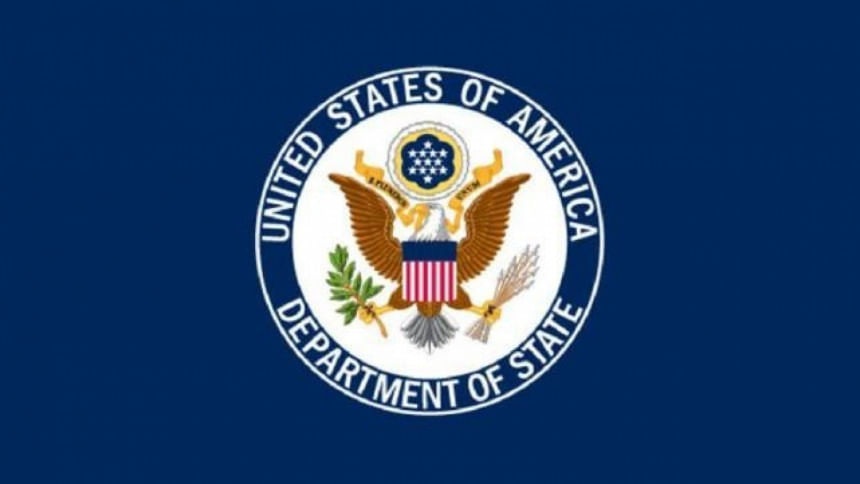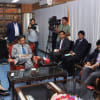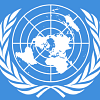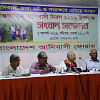Rights situation stabilises, but concerns linger

The human rights situation in Bangladesh has stabilised following the July uprising but concerns remain, according to the US State Department's Bangladesh 2024 Human Rights Report.
Although the interim government has taken steps to address impunity, including collaboration with the UN and the use of the International Crimes Tribunal, challenges persist, said the report, which was released on Tuesday.
Restrictions on speech, vague definitions of hate speech, and legal tools for repression are there in the statute books, giving future governments potential means to stifle dissent.
Concerns centre on the protection of civil liberties, prevention of abuse by security forces and ensuring accountability for past and future violations.
The interim government began taking steps to address past abuses, including arrests of former officials and party activists accused of rights violations.
The report details sweeping abuses under the previous government, including arbitrary killings, enforced disappearances, torture, arbitrary detention, transnational repression and severe curbs on freedom of expression.
Under Sheikh Hasina's administration, rights groups and media reported "widespread impunity" for abuses, with rare prosecutions and mostly administrative punishments for security personnel found guilty, the report said.
It accused the former government of systematically violating constitutional protections on free expression.
Journalists and bloggers faced harassment, intimidation, and arrest under the Digital Security Act, Cyber Security Act and the ICT Act, often for criticising the government or religious views.
As of August last year, 5,818 cybercrime cases were pending in tribunals, including 1,340 classed as "speech-based offences". Even teenagers were prosecuted.
In September last year, the interim government announced the withdrawal of over 1,000 such cases and pledged to release detainees charged solely for speech-related offences.
It also revoked press credentials for 167 journalists tied to the former ruling party, limiting their access to official events.
In the first eight months of last year, rights group Ain o Salish Kendra documented 388 journalists harassed or attacked, including five shot during the protests.
Two journalists were killed and 128 were injured in 120 incidents, according to the Human Rights Support Society.
The report highlighted continued allegations of enforced disappearances under the Awami League, with most victims being political opponents or activists.
Between January and June, HRSS recorded three disappearances and eight illegal detentions lasting more than 24 hours.
After the change of government, many long-missing individuals were released from secret detention centres, where some were held for years without charge.
Indigenous rights activist Michael Chakma was freed after more than five years in secret custody. Human Rights Watch estimates around 100 disappearance victims remain missing.
The interim government has faced at least one allegation of disappearance.
Relatives of Aslam Serniabat, an automobile association official, accused law enforcement of abducting him on August 29 last year. Police later produced him in court in connection with a murder case.

 For all latest news, follow The Daily Star's Google News channel.
For all latest news, follow The Daily Star's Google News channel. 








Comments